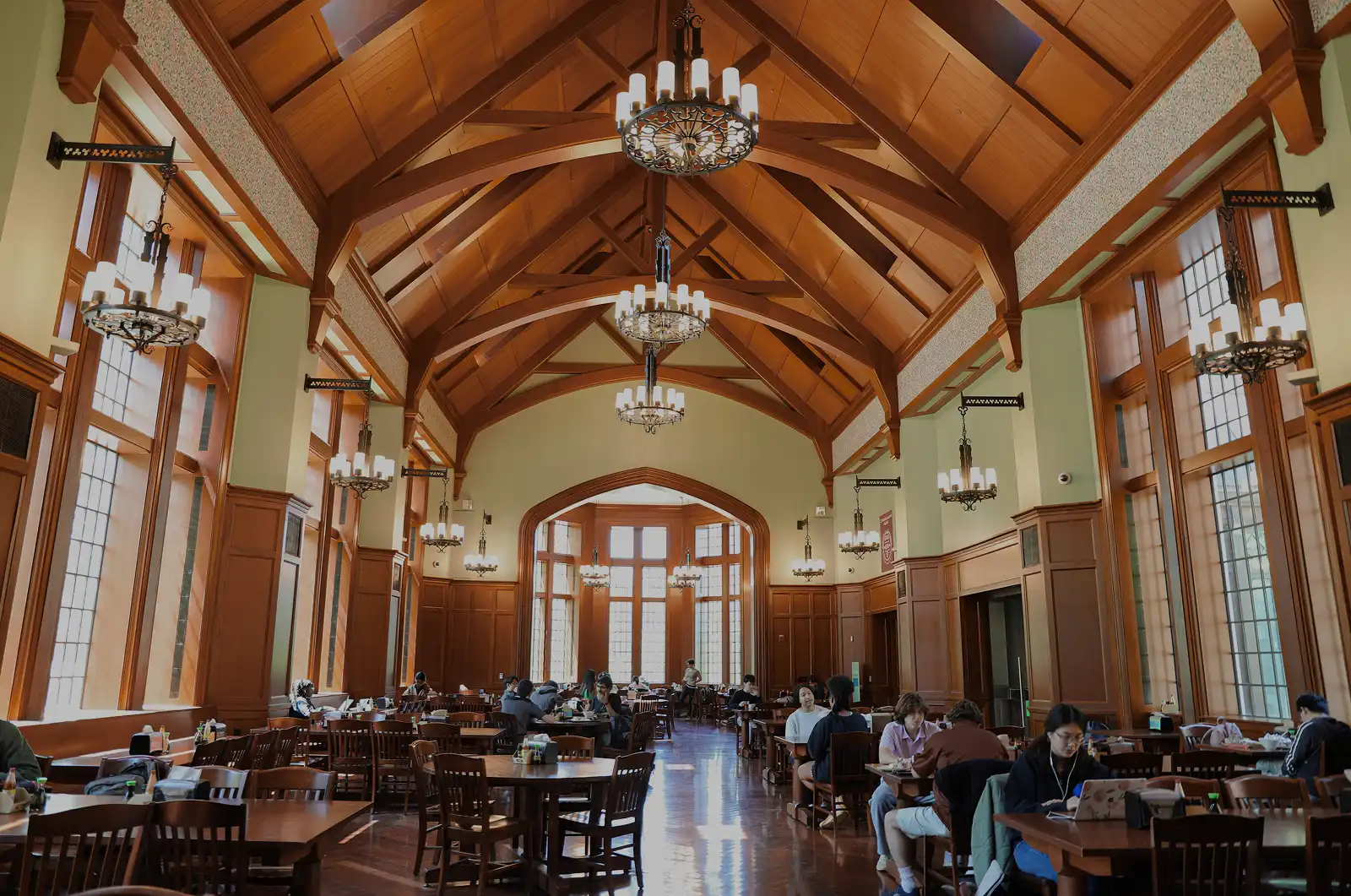Vanderbilt Campus Dining
Enjoy a variety of chef-curated dishes, fresh ingredients, and options prepared daily across campus locations. Discover new flavors and comforting classics tailored to your preferences.

Featured Announcements
Stay in the know with the latest dining updates, new menu launches, special promotions, and exciting events happening across Vanderbilt Campus Dining.
Where to Dine
From bustling dining halls to cozy cafés and grab-and-go markets, explore all the places to enjoy a meal on and around campus.
Find your next favorite dining spot today.
Wait Times
Skip the wait! Check real-time dining hall wait times
to plan your meals efficiently.
Meal Plans
Choose the meal plan that fits your lifestyle, whether you're living on-campus, commuting, or faculty and staff. Enjoy flexible dining options and convenient access to nutritious meals.